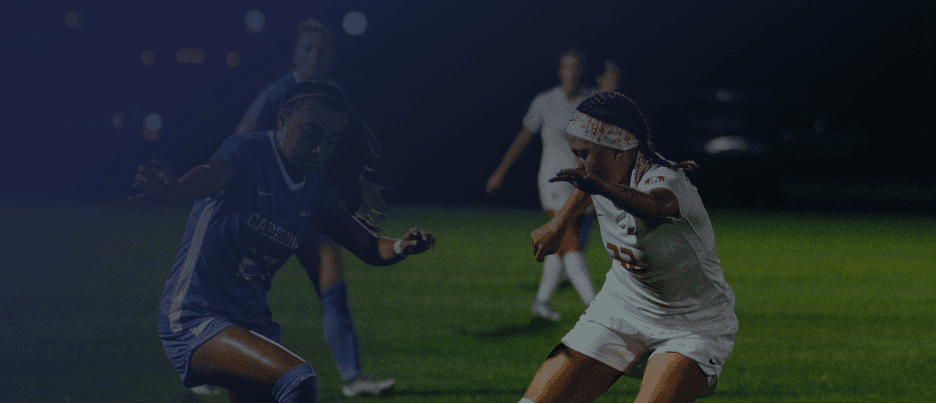The Importance of Sleep for Young Athletes

Overview
Sleep is an essential to athletes to help their health and overall sporting performance. Quality sleep is important to help repair the body, improve both athletic and academic performance, reduce fatigue, and enhance focus. For athletes in particular sleep plays a critical role in recovery, injury prevention, and boosting your immune system. In this blog post we will be looking more at the importance of sleep, the affect of sleep on athletic performance, the amount of sleep needed per age group, and strategies to get good sleep.
Why is sleep important?
Busy schedules full of homework, hanging out with friends, and sports can making getting enough sleep hard. So why is sleep so important? Getting good sleep is important to make sure that you are well rested and able to perform well in school and in sports without being overly fatigued. According to UC Davis Health sleep also can have health benefits such as it decreases the risk of injuries, helps to build a strong immune system, promotes growth, helps to increase learning and memory, and many more health benefits. Getting enough sleep is essential to your health and overall sporting performance.
How does sleep affect athletic performance?
Sleep is critical for athletes to be able to continually perform well in their sport. According to the Mayo Clinic sleep plays an important role in multiple aspects of an athletes life and training. While you sleep your body is able to heal and repair injuries and the everyday “wear and tear” from athletic training. This helps to reduce injuries that come from competing and training. Along with that sleep strengthens you immune system, which decreases the amount of times that you are sick so that you are able to train and compete more. According to a study in an article by the Mayo Clinic that focused on free throws made while playing basketball found that sleep deprived athletes had a 50% drop in accuracy when making a free throw. While athletes who had 10 or more hours of sleep had an increase in accuracy of 10%. This major difference shows how a lack of good sleep can negatively impact athletic performance.
The amount of sleep that is needed for each age group
- Ages 1-2 years: 11-14 hours
- Ages 3-5: 10-13 hours
- Ages 6-12: 9-12 hours
- Ages 13-17: 8-10 hours
- Ages 18-60: 7 or more
- Ages 61-64: 7-9 hours
- Ages 65 years or older: 7-8 hours
Strategies to get good sleep
It’s not only important to get enough sleep but it is also very important to get good sleep. So here are some tricks to make sure that the sleep you are getting is good sleep.
- Limit the amount of time spent taking daytime naps. Taking daytime naps that are longer than 1 hour or too close to bedtime can negatively impact your night of sleep.
- Create a sleep schedule that you stick to. Use the recommended amount of sleep for your age and block out that amount of time each night for how much you should plan to sleep. Along with that try to go to bed and wake up at the same time everyday, even on the weekends.
- Make sure that all your training and competing is finished around 1-2 hours before you go to bed.
- Turn off screens 30 minutes before you go to bed. Screens can disrupt your sleep so its important to do other relaxing activities, like reading a book, before you go to bed to help you relax and get ready to sleep.
- Keep all digital devices outside of the bedroom and use an alarm clock instead of using your phone or tablet.
Sources

Stay updated!
We'll send you exclusive deals, updates about our events, and progress as we build our platform.
This site is protected by reCAPTCHA and the Google Privacy Policy and Terms of Service apply.